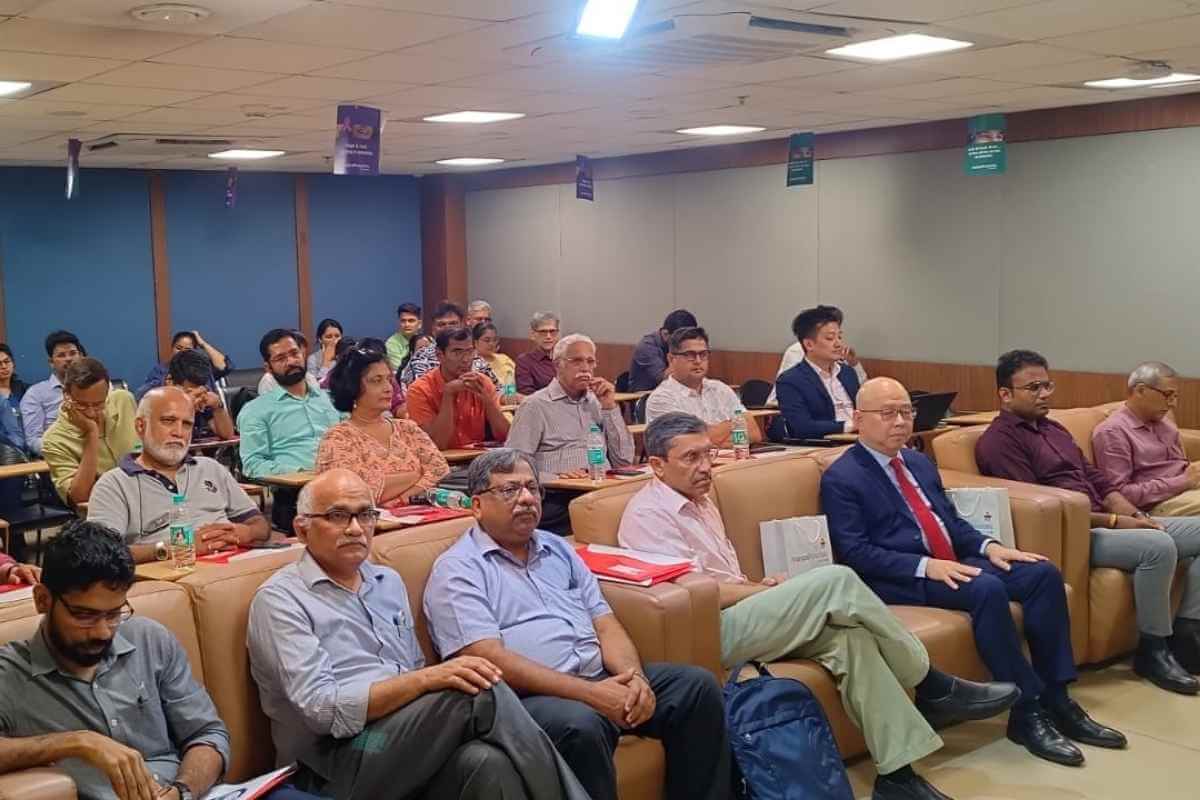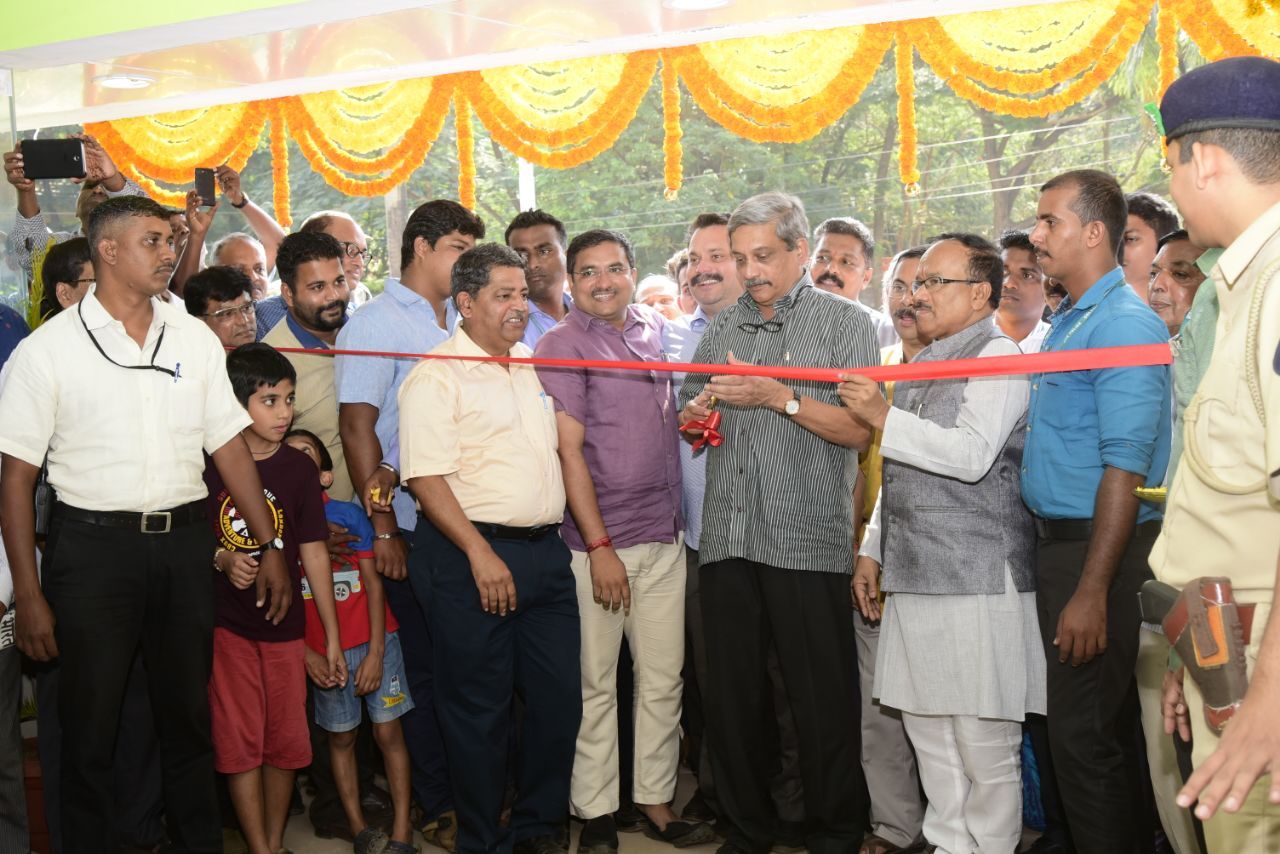Mopa is the second airport in the making, and it is the most controversial issue in the state of Goa. Basically people of Goa consisting of Taxi Drivers and other tourism-related businessmen do not want Mopa airport for various reasons but Government of Goa is adamant in bringing the Airport into existence at any cost and in between the same, the Supreme court comes up with the verdict of scrapping all environmental clearances given to the GMR Company who is building this project.
Before we go ahead and understand what exactly happened and how it going affect the Mopa Project lets take a look at the story right from the beginning.
The History
Since the airport at Dabolim comes under the Indian Navy it has many restrictions laid down by the Naval Base. Besides that, it is saturated in terms of its capacity for annual air traffic, the State government initiated a process in 1997 to commission studies and project reports for a proposed international airport. After various studies, Mopa in northern Goa had been chosen to construct the new airport.
The plea against the construction of the airport at Mopa was made by an NGO – Federation of Rainbow Warriors, and Hanuman Laxman Aroskar, who had challenged the grant of environmental clearance to the project, to the National Green Tribunal (NGT). According to the appellants, Goa’s water resources are facing a severe crisis, Goa has the scarcity of land for housing and food or for buffer zones. The Project Proponent concealed vital facts regarding the need for the environmental and socio-economic aspects.
The top court heard the appeal filed against the National Green Tribunal’s August 21, 2018 judgment which had refused to quash the environmental clearance for development of Greenfield International Airport at Mopa in Goa. The tribunal said it was not a case where the project compromises with the environment, as claimed by the appellants but at the same time further safeguards for environment protection need to be incorporated.
The Current Scenario
Quoting UN’s ‘First Environmental Rule of Law Report’, a bench of Justices – D. Y. Chandrachud and Hemant Gupta said, “Environmental rule of law provides an essential platform underpinning the four pillars of sustainable development – economic, social, environmental and peace… Environmental rule of law becomes a priority particularly when we acknowledge that benefits of environmental rule of law extend beyond the environmental sector.”
Rejecting arguments of the Union of India, Government of Goa and project contractor GMR Goa International Airport Ltd, the bench said, “There can be no gambles with the environment: A ‘heads I win, tails you lose’ approach is simply unacceptable; unacceptable if we are to preserve environmental governance under the rule of law.”
The assessment made by the Expert Appraisal Committee (EAC), failed to test the project area with regard to key parameters including the number of trees to be felled the , proximity of the airport to ecologically sensitive zones the , presence of flora and fauna and impact on the geology of the area. It had also failed to notice the existence of Ecologically Sensitive Zones of the Western Ghats within a buffer distance of 10 km of the project site.
Suspending the environmental clearance to Mopa airport project granted in October 2015, the bench asked the EAC to revisit the recommendations made by it for grant of Environmental Clearance (EC) within a month. “The EAC shall carry out the exercise within a month of the receipt of a certified copy of this order. Until the EAC carries out the fresh exercise as directed above, the EC granted by the Ministry of Environment and Forests (MoEF) on October 28, 2015, shall remain suspended,” the bench said.

The judgement, authored by Justice Chandrachud for the bench, criticised EAC and NGT for failing in their jobs to scrutinise whether EC was granted with strict adherence to the norms set in the central notification of 2006. The bench barred NGT or any court from interfering in the matter. “There were serious flaws in the decision-making process. Relevant material has been excluded from consideration and extraneous circumstances were borne in mind. The EAC as an expert body abdicated its obligations to make an expert determination based on reasons. The NGT as an adjudicatory body failed to exercise the jurisdiction entrusted to it under the NGT Act 2010 by merely deferring to the decision to recommend and grant an EC,” the bench said.
EAC would be at liberty to lay down appropriate conditions concerning air, water, noise, land, biological and socio-economic environment, the top court said. “The EAC shall have due regard to the assurance furnished by the concessionaire to this court that it is willing to adopt and implement necessary safeguards bearing in mind international best practices governing greenfield airports,” the bench said.
The Orders
In the light of the above, the Court issues, inter alia, the following directions:
- The EAC shall revisit the recommendations made by it for the grant of an EC, including the conditions which it has formulated, having regard to the specific concerns which have been highlighted in this judgment;
- The EAC shall carry out the exercise under (i) above within a period of one month of the receipt of a certified copy of this order;
- Until the EAC carries out the fresh exercise as directed above, the EC granted by the MoEFCC on 28 October 2015 shall remain suspended;
- Upon reconsidering the matter in terms of the present directions, the EAC, if it allows the construction to proceed will impose such additional conditions which in its expert view will adequately protect the concerns about the terrestrial ecosystems noticed in this judgment. The EAC would be at liberty to lay down appropriate conditions concerning air, water, noise, land, biological and socioeconomic environment.
The Court also directed that no other Court or Tribunal shall entertain any challenge to the report that is to be submitted before this Court by the EAC in compliance with the present order.


























